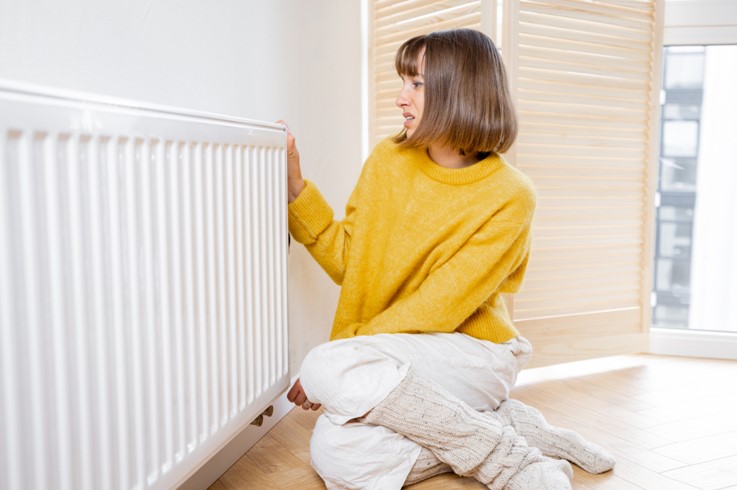Making the decision to replace your heater is no small feat. It’s an investment that requires careful consideration and often comes with a substantial cost. However, understanding the signs that your current heater is on its last legs can save you from the inconvenience of a breakdown and the discomfort of dealing with inadequate heating. Here, explore the common red flags that suggest it’s time for a heater replacement in Cerritos:
Rising Energy Bills
Have you noticed a spike in your energy bills that isn’t attributable to a change in the weather or a rate increase from your utility company? This unexplained rise could be a symptom of your heating unit’s declining efficiency. Heating systems become less efficient as they age, typically due to wear on the components, and they require more energy to produce the same level of heat. It’s not just an increase in cost that should concern you; it’s an early indicator that your heater is struggling and may not be far from a breakdown.
Inconsistent Heat Distribution
One of the key functions of your heating system is to distribute heat evenly throughout your home. If you’re noticing temperature variations from room to room or some areas of your house never seem warm enough, it could signal a problem with your heater. Inconsistent heating can be caused by multiple factors, such as a failing blower motor, clogged air ducts, or an improperly sized or installed heating unit.
Audible Clues
Listen to your heater. Strange noises that weren’t present when the unit was new, such as banging, clanging, scraping, or rattling, could indicate serious issues. These sounds often result from loose or broken internal components that no longer function correctly. Ignoring these noises could lead to a major malfunction that renders your heater inoperable, necessitating immediate replacement.
Age of the System
How old is your current heating unit? Most heaters have an expected lifespan, and as they approach the end of that timeframe, the likelihood of breakdowns and efficiency issues increases. For most furnaces and boilers, the typical lifespan is between 15 and 20 years when properly maintained. On the other hand, heat pumps may last a bit longer, averaging around 15 years.
Frequent Repairs
Have you had your heating unit repaired multiple times in the past few years? While routine maintenance and occasional repairs are expected with any home appliance, if you find yourself calling for service more frequently than usual, it may be time to explore the benefits of upgrading to a newer, more reliable heating system. Frequent repairs can add up quickly and ultimately cost you more than investing in a replacement unit.
Knowing when to replace your heater is critical for maintaining a comfortable and functional home. Keep an eye out for rising energy bills, inconsistent heat distribution, strange noises, and frequent repairs as key signs that it may be time to upgrade your heating system. Consult a trusted HVAC professional to explore the best replacement options for your home and budget.

